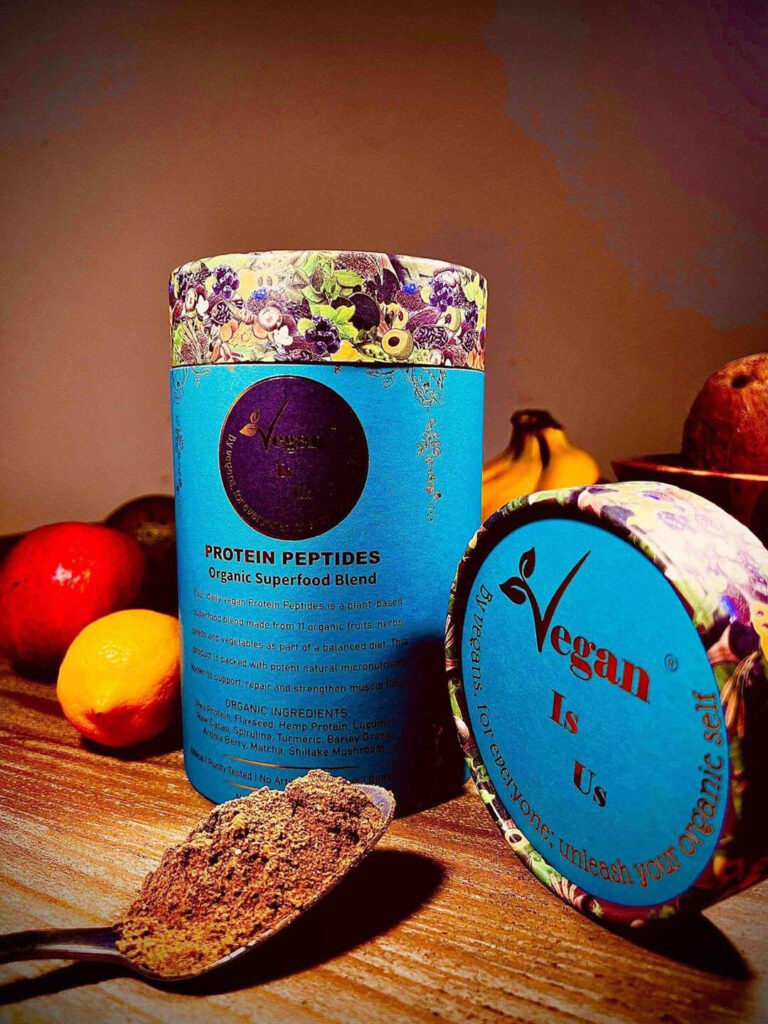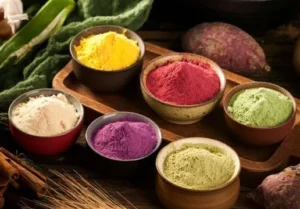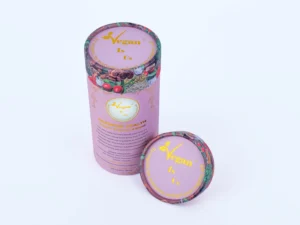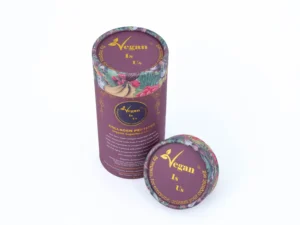Last updated on January 29th, 2025
Understanding Plant-Based Nutrients and How to Get Them
Transitioning to a plant-based diet can be rewarding for many reasons, but ensuring you get enough essential nutrients is vital. A well-planned vegan diet can provide all the necessary nutrients for a healthy lifestyle. Here, we outline ten essential nutrients that vegans need to focus on, offering practical tips on how to incorporate them into your meals.
1. Protein
Why it’s important: Crucial for muscle repair and growth, supports immunity, and maintains overall health.
Plant-based sources: Lentils, chickpeas, tofu, tempeh, edamame, quinoa, seitan, hemp seeds, black beans and protein peptides.
Tip: Pair various protein sources throughout the day to ensure a full range of amino acids.
2. Vitamin B12
Why it’s important: Vital for energy production, red blood cell formation, and nervous system health.
Plant-based sources: Fortified plant-based milks, nutritional yeast, fortified cereals, and supplements.
Tip: Because B12 is not naturally found in plant foods, supplementation is often necessary.
3. Omega-3 Fatty Acids
Why it’s important: Supports brain function, reduces inflammation, and promotes heart health.
Plant based sources: Flaxseeds, chia seeds, hemp seeds, walnuts, and algae-based supplements.
Tip: Incorporate ground flaxseeds or chia seeds into smoothies, oatmeal, or baked goods.
4. Iron
Why it’s important: Essential for carrying oxygen throughout the body and preventing anaemia.
Plant based sources: Spinach, lentils, chickpeas, tofu, blackstrap molasses, beans, pumpkin seeds, and fortified cereals.
Tip: Consume iron-rich foods with vitamin C (e.g., citrus, bell peppers) to enhance absorption
5. Calcium
Why it’s important: Promotes strong bones and teeth, and supports muscle and nerve function.
Plant based sources: Fortified plant-based milks, tofu (made with calcium sulfate), almonds,collard greens, kale, and broccoli can help vegans meet their calcium needs.
Tip: Choose fortified options and eat calcium-rich vegetables regularly to meet your needs.
6. Zinc
Why it’s important: Supports immune function, wound healing, cell division and growth.
Plant based sources: Vegans can source zinc from pumpkin seeds, sunflower seeds, lentils, chickpeas, cashews, and whole grains.
Tip: Soak or sprout legumes and seeds to increase zinc absorption.
7. Vitamin D
Why it’s important: Enhances calcium absorption, boosts immunity, and supports bone health.
Plant based sources: Fortified plant-based milks, mushrooms exposed to sunlight, and vegan supplements.
Tip: If sun exposure is limited particularly in the winter months, consider a vitamin D2 or D3 (vegan) supplement.
8. Fibre
Why it’s important: Supports digestive health, helps regulate blood sugar, and promotes heart health.
Plant based sources: Beans, lentils, whole grains, oats, chia seeds, flaxseeds, vegetables (like broccoli, brussels sprouts,kale), and fruits (such as apples, pears, and berries) which are all staples in a vegan diet.
Tip: Aim to include fibre-rich foods in every meal for optimal digestive function and to keep you feeling full longer.
9. Iodine
Why it’s important: Crucial for thyroid function and regulating metabolism.
Plant based sources: Vegans may consider seaweed (nori, wakame), iodised salt, and supplements to meet their iodine requirements.
Tip: Use iodised salt in moderation and enjoy seaweed snacks for a natural iodine boost.
10. Selenium
Why it’s important: Protects cells from damage and supports thyroid health.
Plant based sources: Brazil nuts, sunflower seeds, mushrooms, and whole grains.
Tip: One Brazil nut daily can provide your recommended selenium intake making them a great addition to a vegan diet.
Tips for a Nutrient-Rich Plant-Based Diet
- Diversify your plate: Include a variety of whole foods to meet your nutritional needs.
- Fortified foods and supplements: Use fortified plant-based products and take supplements for hard-to-obtain nutrients like B12 and Vitamin D.
- Plan your meals: Focus on nutrient-dense foods to ensure a balanced diet every day.
Transitioning to a plant-based diet can be both rewarding and nutritious with proper planning. A well-structured vegan diet can provide all essential nutrients when planned thoughtfully. Incorporating a diverse range of foods will not only help you meet your nutritional needs but also keep your meals interesting and helping you thrive on a plant-based lifestyle.
Looking for an easy way to enhance your nutrition? Explore premium plant-based superfood blends at Vegan Is Us and support your health naturally!







